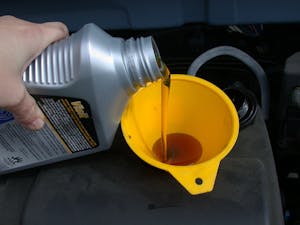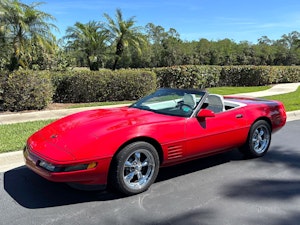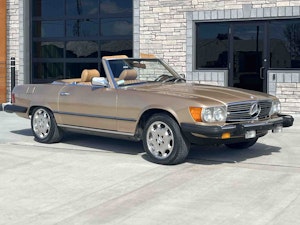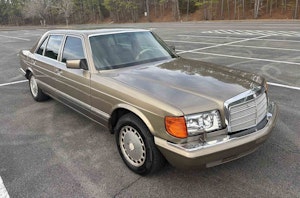Media | Articles
Piston Slap: Does thicker oil equal snake oil?

Jim writes:
Hi Sajeev,
My question is regarding oil viscosity in newer vehicles.
We are now seeing 0W/xxW and have for some time now. I have heard differing opinions about the good and bad of using a zero-weight oil—especially on startups. I have heard that thicker viscosity equals better lubrication and that 0W is a result of CAFE requirements and not the best option for the long term. Since the tolerances in newer engine designs are much tighter, is this really an issue?
I haven’t heard any issues/recalls arising from manufacturers/engines using 0W so what’s the deal?
Sajeev answers:
You won’t hear much about issues with thinner-viscosity oils, as the root cause is often heat degradation/age of the crankcase oil, the owner’s maintenance regiments, driving styles/conditions, and even design flaws.
And it’s application-specific. Consider BMW’s S85 V-10 and S65 V-8 engines, because getting oil up to temperature before aggressive driving is imperative to keeping fragile rod bearings intact. But don’t take my word for it:
Marketplace
Buy and sell classics with confidence
Now consider heat degradation. Today’s ubiquitous implementation of turbocharging generates extra heat that could degrade oil even faster. Combined with irregular oil changes and you have a recipe for oiling concerns, none of which stem from OEM viscosity requirements.
Finally, there are flaws: Witness the infamous Toyota and VW sludge machines, industry-wide oil consumption issues, use of low-tension piston rings and even Honda’s recent bout of diluted oil concerns.
Since this is regarding newer vehicles, if your car is still under warranty and burning oil, do not switch to a different weight. Have your dealer do a consumption test to begin the process for a warranty claim. If you recently passed the warranty period, check with your dealer to see if they can do a goodwill repair (i.e. repair gesture to ensure your brand loyalty). If that fails, ask about oil weight changes in our forums about your specific engine. Perhaps give local mechanics and engine rebuilders a ring, too.
Final thought: In this era of throwaway motors (i.e. impossible to rebuild cheaply like a small-block V-8) and high labor costs (just price a new water pump for a Ford 3.5-liter V-6), let’s pause to note the value of buying a used vehicle with a documented service history.
And with that, I leave it up to you, dear Hagerty reader!
Have a question you’d like answered on Piston Slap? Send your queries to pistonslap@hagerty.com, give us as much detail as possible so we can help! If you need an expedited resolution, make a post on the Hagerty Community!









